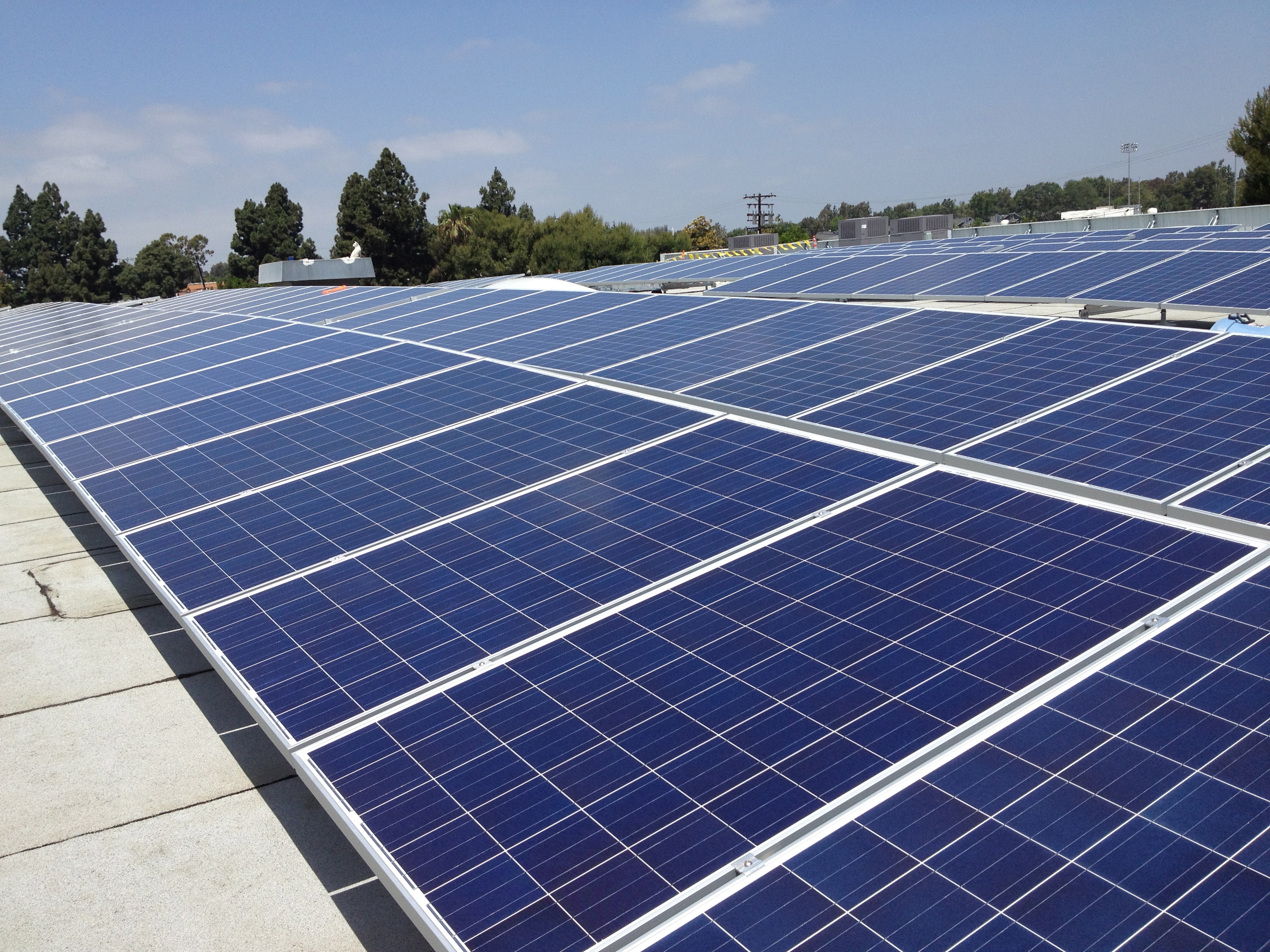The Complete Guide to Solar Energy Installation: Save Cash and Go Eco-friendly
Checking out the subtleties of solar energy installation reveals a multifaceted technique to both cost savings and ecological obligation. House owners are progressively taking into consideration solar power not only as a practical choice however as a calculated financial investment that can produce significant long-term benefits. The procedure involves mindful factor to consider of various factors, including system selection and installation treatments. Understanding these aspects is crucial for taking full advantage of efficiency and savings. What particular actions should one require to make certain a successful shift to solar energy, and exactly how can economic incentives further boost this endeavor?
Benefits of Solar Power
The expanding adoption of solar power reflects a significant change toward sustainability and environmental obligation. One of the primary benefits of solar power is its ability to lower dependence on nonrenewable fuel sources, bring about lowered greenhouse gas emissions. By using the sunlight's power, individuals and companies can add to a cleaner setting and reduce the damaging impacts of environment modification.
Moreover, solar power can lead to considerable economic savings. Once mounted, solar panels substantially reduced electrical energy bills, as they generate power from an eco-friendly source. Lots of governments likewise supply incentives, refunds, and tax obligation credit histories to urge solar fostering, further boosting financial viability.
One more noteworthy benefit is energy freedom. Solar power systems enable home owners and services to generate their very own electrical power, decreasing susceptability to fluctuating energy prices and supply interruptions. Additionally, solar power systems need minimal maintenance, converting to reduced lasting functional costs.
Picking the Right Planetary System

Solar systems differ substantially in price depending on their type, dimension, and effectiveness. Think about possible funding alternatives such as loans, leases, or power acquisition contracts (PPAs) that might reduce upfront costs.
Readily available area is an additional important variable. Analyze your roof covering's positioning, angle, and shading, as these components can impact photovoltaic panel effectiveness. If roof area is minimal or inappropriate, ground-mounted systems might be a feasible choice.
It's important to conduct comprehensive research to understand the details motivations offered in your area, as they can vary extensively. Consulting with a solar installment professional can help more helpful hints you browse these choices efficiently, ensuring you optimize your cost savings while adding to an extra lasting energy future.
Maintaining Your Planetary System
Efficient maintenance is critical for making certain the durability and optimal efficiency of your solar power system. Normal upkeep can help protect against minor concerns from intensifying into pricey repair work and ensure optimal energy performance.
Begin with regular evaluations of your solar panels, preferably every six months. Cleaning up the panels, specifically in areas susceptible to dirt or bird droppings, can significantly improve power manufacturing.
Next, keep an eye on the inverter. This part converts solar power right into usable electrical power and must be checked monthly. Many contemporary inverters have monitoring systems that notify you to efficiency concerns, permitting timely intervention.
Additionally, evaluate the wiring and connections for any type of indications of deterioration or damages, as these can lead to decreased effectiveness or system failure. Finally, take into consideration specialist upkeep solutions annually for a comprehensive check-up.
Final Thought
Finally, the fostering of solar energy provides considerable advantages, including decreased electrical power costs and a positive ecological influence. Cautious factor to consider in choosing the suitable solar system, coupled with a clear understanding of the installation procedure, boosts the general experience. Financial rewards and regular maintenance better add to the long-lasting benefits of solar energy. Ultimately, welcoming solar innovation represents a vital action towards sustainability and energy independence, cultivating a greener future for all.